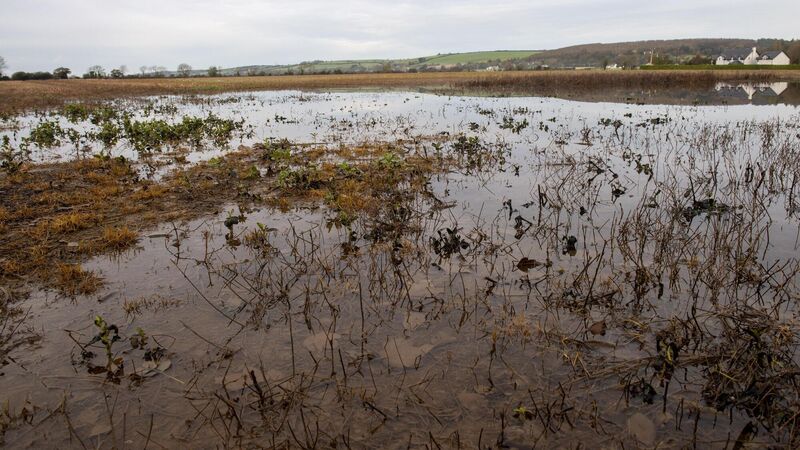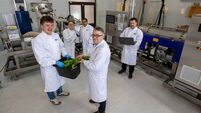Irish farmers prepare for long-term impacts of climate change

There were €3.5bn in losses and 68 fatalities in Ireland as a result of extreme weather and climate-related events, from 1980 to 2022, according to the European Environment Agency.
As waterlogged farmers wonder if the weather will ever dry up, official figures confirm that 2011 to 2020 has been the wettest decade on record in Ireland.
Comparisons of 30-year periods show 1991 to 2020 was 7% wetter than 1961 to 1990.
CLIMATE & SUSTAINABILITY HUB













